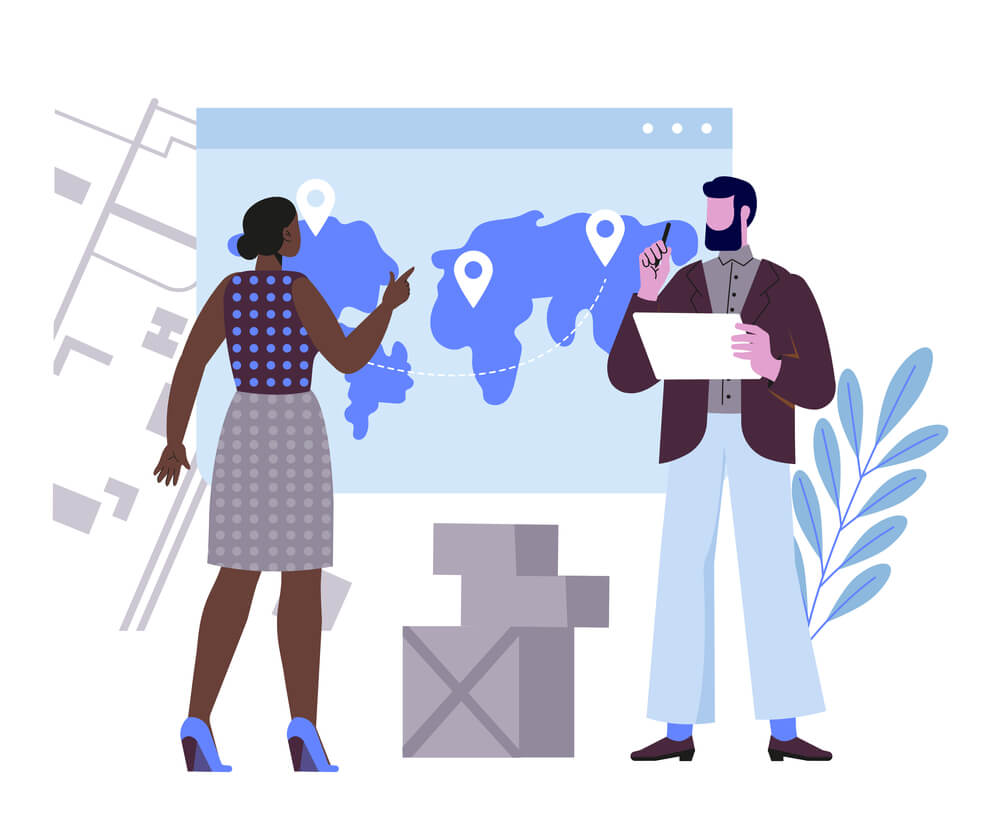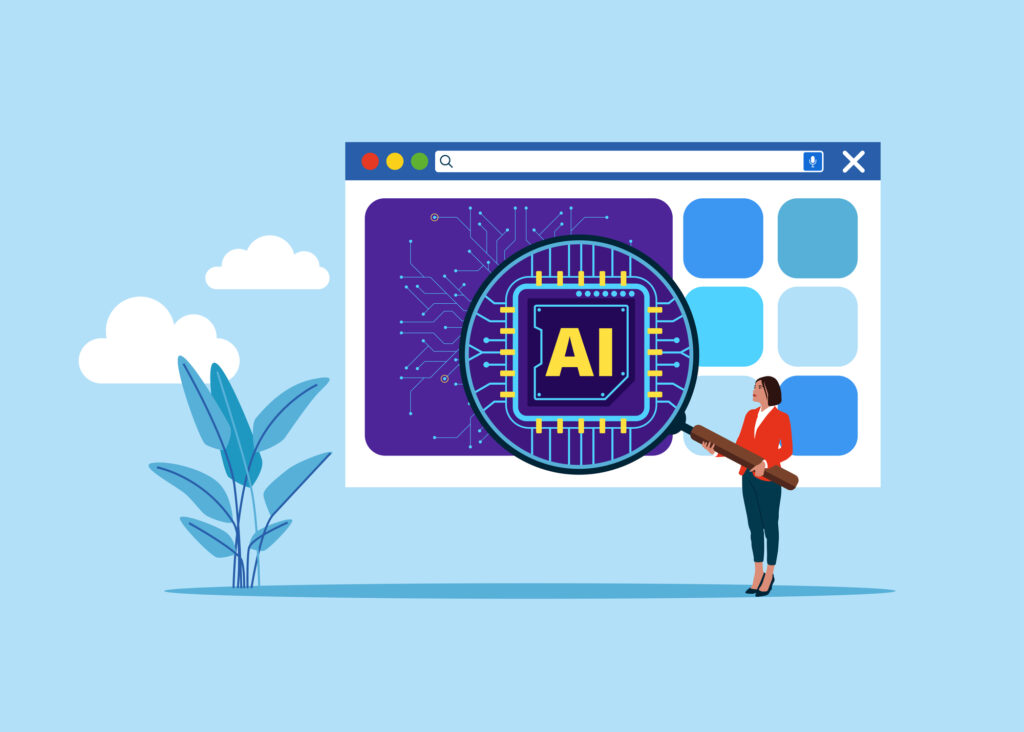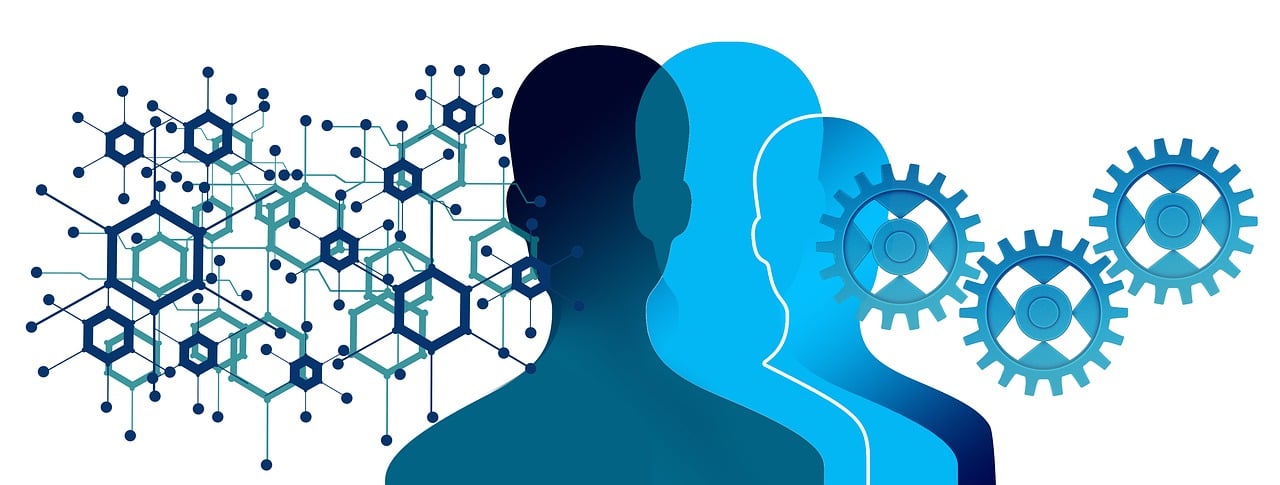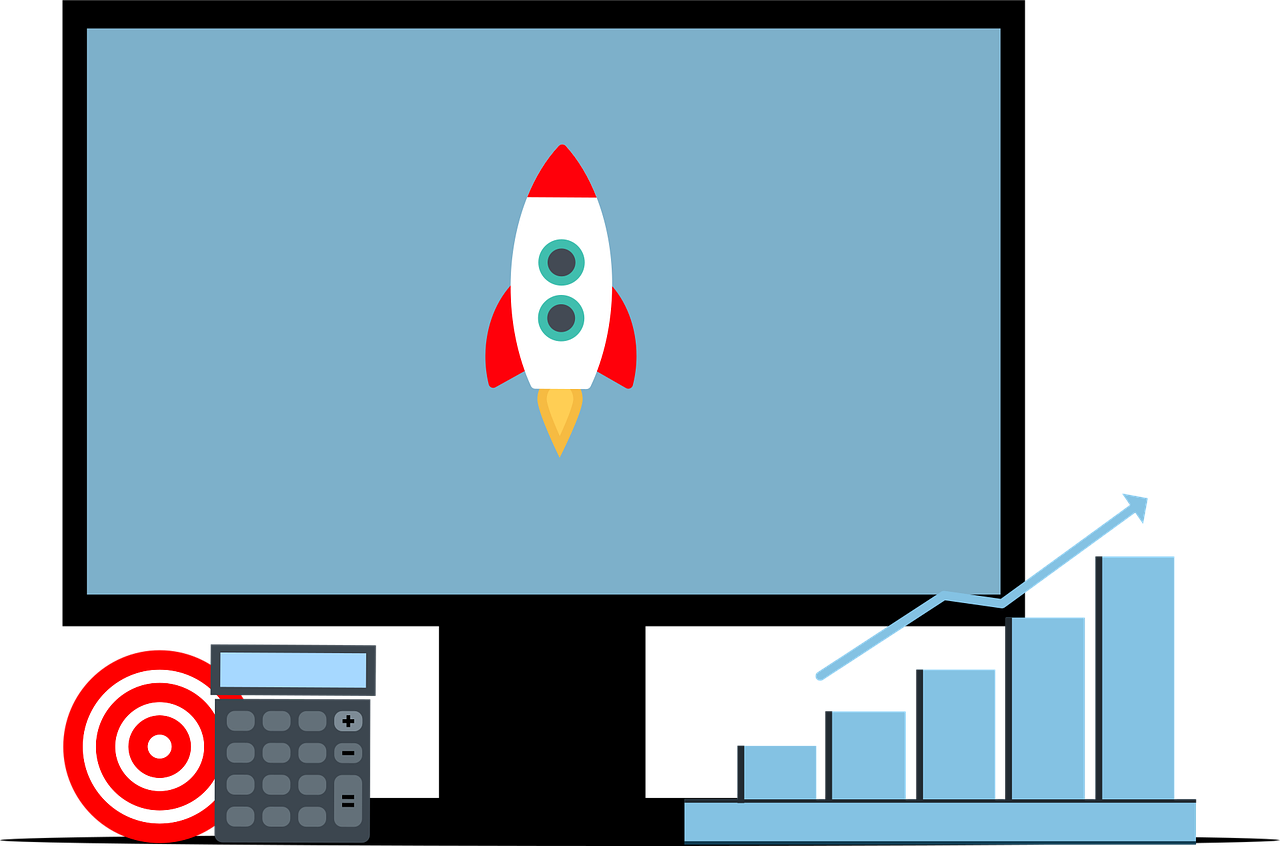AI
How AI Can Transform Customs Agencies: Boosting Efficiency and Security

Continue reading "How AI Can Transform Customs Agencies: Boosting Efficiency and Security"
In today’s fast-paced global trade environment, customs agencies play a critical role in ensuring the smooth flow of goods across borders while maintaining security and compliance. However, the increasing volume of international trade, coupled with complex regulations, has made the job of customs agencies more challenging than ever. This is where Artificial Intelligence (AI) steps in as a game-changer. Here’s how AI can revolutionize customs operations:
1. Improved Compliance and Regulatory Adherence
With constantly changing trade regulations, staying compliant can be a daunting task. AI systems can be programmed to stay updated with the latest regulations and automatically flag shipments that may violate specific rules. This reduces the risk of non-compliance and helps businesses avoid costly penalties.
2. Enhanced Risk Assessment and Fraud Detection
AI-powered systems can analyze vast amounts of data in real-time to identify patterns and anomalies that may indicate fraudulent activities or security risks. By leveraging machine learning algorithms, customs agencies can prioritize high-risk shipments for inspection, reducing the need for manual checks on low-risk goods. This not only speeds up the clearance process but also improves accuracy in detecting illegal or non-compliant shipments.
3. Predictive Analytics for Trade Trends
AI can analyze historical trade data to predict future trends, such as seasonal fluctuations in imports and exports. This enables customs agencies to allocate resources more effectively, anticipate potential bottlenecks, and ensure smoother operations during peak periods.
4. Automated Document Processing
Customs operations involve handling a massive volume of documents, such as invoices, bills of lading, and certificates of origin. AI can automate the extraction and verification of data from these documents, reducing human error and speeding up processing times. Natural Language Processing (NLP) can even help interpret unstructured data, making it easier to handle diverse document formats.
5. Streamlined Customs Clearance
By integrating AI into customs clearance processes, agencies can significantly reduce the time it takes to clear goods. AI can automate routine tasks, such as tariff classification and duty calculation, allowing customs officers to focus on more complex cases. This leads to faster turnaround times and a better experience for importers and exporters.
6. Enhanced Supply Chain Visibility
AI can provide real-time tracking and monitoring of shipments, offering greater visibility into the supply chain. This helps customs agencies and businesses alike to anticipate delays, manage inventory more effectively, and ensure timely delivery of goods.
7. Cost Savings and Resource Optimization
By automating repetitive tasks and improving decision-making, AI can help customs agencies reduce operational costs and optimize resource allocation. This allows agencies to focus on strategic initiatives and improve overall service delivery.
8. Strengthened Security
AI can enhance border security by analyzing data from multiple sources, such as cargo manifests, surveillance footage, and sensor data, to detect potential threats. This proactive approach helps prevent smuggling, terrorism, and other security risks.
Conclusion
The integration of AI into customs operations is no longer a futuristic concept—it’s a necessity in today’s global trade landscape. By embracing AI, customs agencies can enhance efficiency, improve security, and provide better services to businesses and consumers. The future of customs is intelligent, automated, and data-driven, and the time to adopt these technologies is now.
What are your thoughts on the role of AI in customs? Let’s discuss!
About the Author
The Best Digital Marketing Insight and Advice
The WSI Digital Marketing Blog is your go-to-place to get tips, tricks and best practices on all things digital
marketing related. Check out our latest posts.
We are committed to protecting your privacy. For more info, please review our Privacy and Cookie Policies. You may unsubscribe at any time.
Don't stop the learning now!
The Pilot-to-Production Chasm: Why “Successful Pilots” Still Fail
Series Post #2 The Pilot-to-Production Chasm: Why GenAI “Success” Often Stops at the Pilot Most organizations can launch an AI pilot. Very few can integrate it into core workflows without breaking in edge cases, losing trust, or creating more work than they remove. The uncomfortable truth The report highlights a steep drop from investigation → …
Continue reading “The Pilot-to-Production Chasm: Why “Successful Pilots” Still Fail”
READ MOREThe GenAI Divide: Why 95% Get Zero ROI (and What the 5% Do Differently)
AI + Operations Series Based on MIT NANDA Research (2025) The GenAI Divide: Why 95% of Organizations Get Zero ROI Enterprise spend on GenAI is huge, adoption is high, and yet most organizations report no measurable P&L impact. The “GenAI Divide” explains why only a small group extracts real value—and how to join them. Quick …
Continue reading “The GenAI Divide: Why 95% Get Zero ROI (and What the 5% Do Differently)”
READ MOREFrom AI Hype to Real Results: Turning Automation into Operational Efficiency
AI is no longer a “nice to have” experiment. For many organizations, it’s becoming a critical part of how they operate, compete, and grow. Yet there is still a painful gap between AI hype and measurable business results. The good news? You don’t need a massive transformation project to unlock value. You need a practical, …
Continue reading “From AI Hype to Real Results: Turning Automation into Operational Efficiency”
READ MORE




